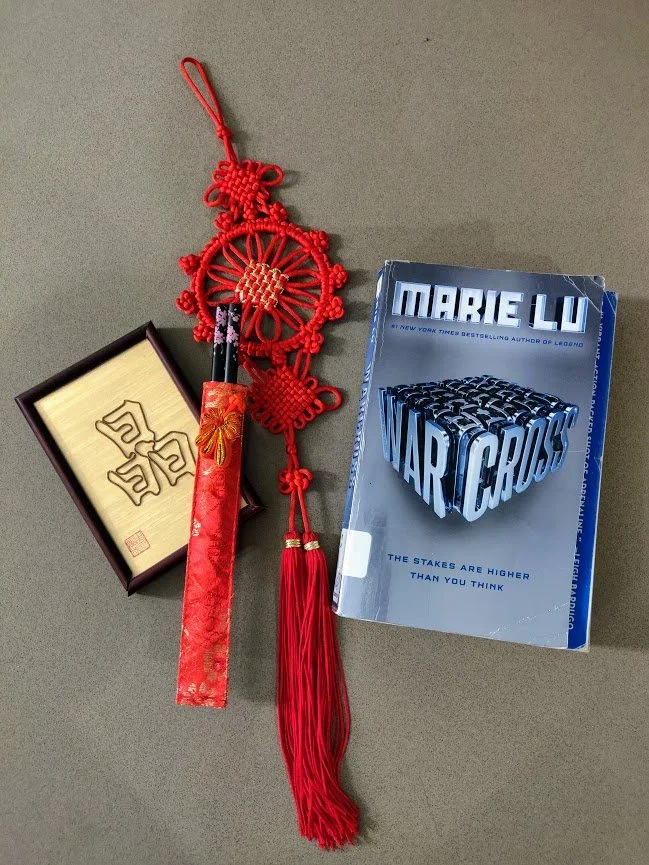Why Representation in Media Matters to Me
A friend of mine recommended a book called Warcross because of my love of Ready Player One. I didn’t know anything about it and decided to give it a try. I checked it out from the library and began to read about Emika Chen, who is Chinese American.
Holy crap, I thought. A badass Chinese American female protagonist? Where was this when I was a teenager?
This is why representation in media matters. I’m only halfway through the book, so I may be premature in saying this, but the protagonist could have easily been White. Instead, she probably looks like me, albeit with rainbow hair. She is not a stereotype. She is not a token minority who is one dimensional. She has fully formed thoughts and feelings. Again, like me.
My parents, who are from Taiwan, immigrated to the US forty years ago. As an ABC (American-born Chinese), I’ve embraced my Chinese heritage and American upbringing. I went to public school during the week and Chinese school on Sundays. In Chinese school, I learned to read and write Chinese, with some calligraphy classes thrown in. My parents speak to me in Mandarin, and I do my best to respond accordingly, only using Chinglish when I don’t know how to say something in Mandarin. I celebrate some Chinese holidays, love the food, and don’t wear shoes in the house.
I didn’t grow up seeing myself in many movies, TV shows, or books. There was Mulan, Lucy Liu, and The Joy Luck Club. Luckily I grew up in one of the most diverse counties in the US. I didn’t really see myself as “other,” except when ignorant remarks or gestures were directed at me or a friend (accents, pulling up the corners of eyes, “ching chang chong,” and the like). Thankfully, this didn’t occur often. It wasn’t until my Human Diversity and Social Justice class in my graduate-level social work program that I learned extensively about privileged and oppressed identities, which I wrote about briefly in a previous post on editing as a helping profession. Since that class, I have become acutely aware of issues around social justice and the intersectionality of our identities.
I now live in a city that’s not quite so diverse, and I get excited when I see another East Asian person in the area. Not long ago, a person I was talking to asked about where I’m from, and I told her I was born in Houston. The response was, “Oh, so you’re just like a regular American?” I simply said yes. I’ve received similar questions or comments countless times. They’re usually not said out of malice but out of ignorance, and they can be tiring and invalidating.
That’s why Crazy Rich Asians made me so happy. That’s why Simu Liu’s casting in a new Marvel movie has me pumped. That’s why reading Warcross inspired this post. These things may sound trivial to some, but to those who don’t get to see themselves on screen or in print, they can be everything.

